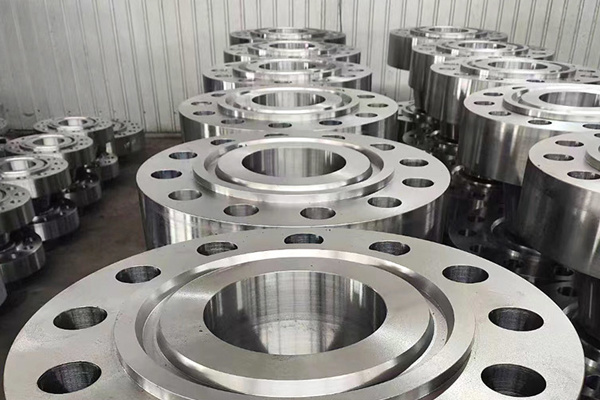Understanding Flanges: The Backbone of Industrial Solutions
2025-09-16
Flange
Introduction to Flanges
Ever wondered what holds the machinery and piping systems together? Well, let me tell you, it's often the unsung hero of the industrial world: the flange! A flange, in essence, is a mechanical component that connects two parts of a system, providing strength and stability. Think of it as the glue that keeps everything in check, and without it, chaos would reign supreme!
Types of Flanges
Now, before diving deeper, let's get a grip on the various types of flanges available. There's a whole smorgasbord out there:
- Weld Neck Flange: This one's a classic. It has a long neck that makes it perfect for high-pressure systems.
- Slip-On Flange: Easy peasy! Just slide it onto the pipe and weld it in place.
- Blind Flange: This is your go-to for sealing off a pipe. It's like putting a cap on a bottle!
- Threaded Flange: Forget welding; this baby screws right onto the pipe.
Why Are Flanges Essential?
So, why all the fuss about flanges? Well, let's break it down:
- Versatility: Flanges are used in a multitude of industries—from oil and gas to food processing. You name it, and there's likely a flange involved!
- Ease of Maintenance: When it comes to repairs, flanges make it a breeze. Just disconnect, fix, and reconnect.
- Pressure Management: They help withstand high pressures in piping systems, ensuring safety and efficiency.
Choosing the Right Flange
With so many options, how do you choose the right flange? Well, it boils down to a few key factors:
- Material: Flanges come in various materials—steel, plastic, and even brass. Your choice should depend on the application and environment.
- Size: This is crucial! A mismatched flange can lead to leaks or even catastrophic failures.
- Pressure Rating: Make sure the flange can handle the pressure it will face. Don't skimp on this; it's a matter of safety!
Innovations in Flange Technology
Hold on to your hard hats! The flange industry isn't sitting still. Innovations are popping up like daisies. For instance, new materials and designs are improving the performance and lifespan of flanges. Smart sensors embedded in flanges are now able to monitor stress and detect leaks before they become a problem. Talk about cutting-edge!
Common Mistakes to Avoid
Even the pros slip up sometimes. Here are some common mistakes to watch out for:
- Ignoring Manufacturer Guidelines: Always follow the specifications provided. It's there for a reason!
- Over-tightening: This can cause flange damage. Remember, moderation is key!
- Neglecting Regular Inspections: Make it a habit to check flanges regularly. You wouldn't want a surprise leak during peak hours!
The Future of Flanges
As industries evolve, so will flanges. With the push for sustainable solutions, we're likely to see eco-friendly materials making their way into flange production. And who knows? Maybe one day we'll be 3D printing flanges tailored to specific needs!
Conclusion
In a nutshell, flanges are crucial components that might not get the limelight they deserve, but their importance is undeniable. Whether you're in construction, manufacturing, or any other sector, understanding flanges can enhance your project's success. So the next time you come across a flange, give it a nod of appreciation—it's working harder than you know!
Key words:
RELATED INFORMATION
API 6A TYPE 6BX flanges and blinds in ANSI/API Spec 6A specification
2024-05-22
The Essential Guide to Carbon Steel Plate Flanges in Construction and Decoration
2024-05-22












